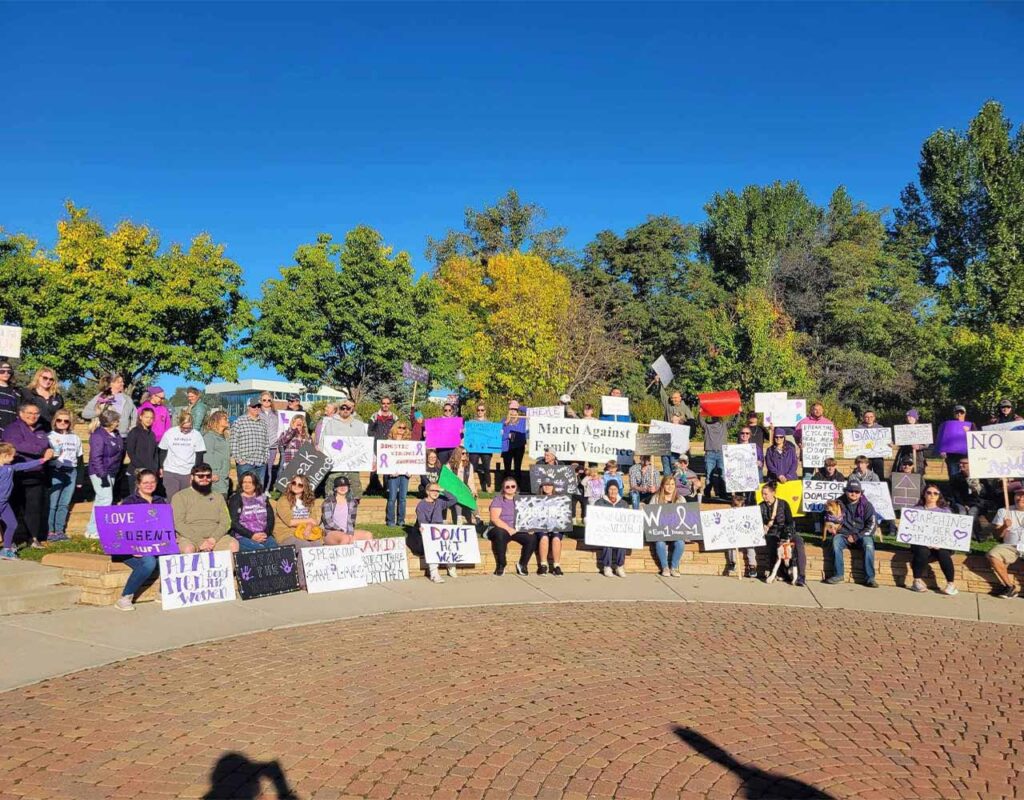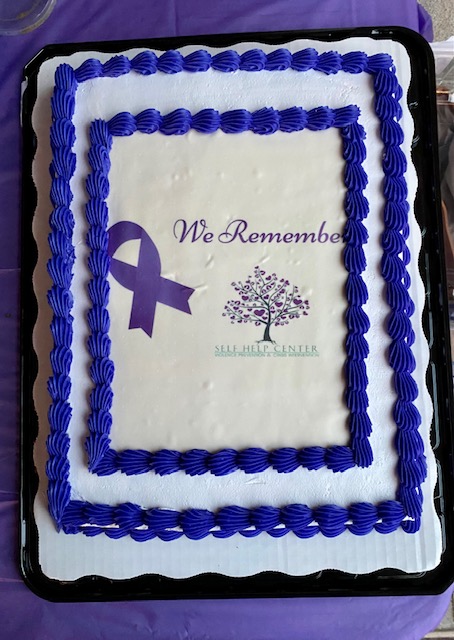Together We Heal: Education for Prevention of Domestic Violence
“When we talk about domestic violence, we refer to a power and control dynamic in an intimate relationship. It is typically a learned behavior, whether they grew up in a home where dominance was used to create fear to control another person, or circumstances in their youth taught them that being feared is how they get their way. I once drove up on boys in a parking lot and it appeared that one was picking on another. I stopped and said, ‘We don't hit people, we don't treat people that way.’ The aggressor, flat-faced, looked at me and said, ‘Well, my dad hits me.’”
– Yvonne R. Swanson, Executive Director of the Advocacy & Resource Center in Sheridan
The unpleasantness of this reality is hard to face, showing the colors of problems much more profound than bruises. And with so much of it occurring in the privacy of the home, how can communities take a stand against domestic violence and abuse?
Through awareness and education. “Preventing domestic violence is a complex and multifaceted challenge, but there are several strategies that can help us prevent violence in our communities including education and awareness for both youth and adults, support services such as those provided by the Self Help Center, community involvement, policy change, and early intervention and treatment for offenders,” explains Jennifer Dyer, Executive Director of the Self Help Center. The Self Help Center, in Evansville, offers a full spectrum of services for both prevention and healing, including safety planning, a 24-hour hotline, and a crisis shelter for those in need. “Domestic Violence Awareness Month is important because it helps us raise awareness and shine a spotlight on the issue of domestic violence, and educate the public about the impact of it on our communities. It also supports the survivors of violence and sends a message that they are not alone, which in turn encourages others to come forward and report. Finally, it engages the community and lawmakers to join in taking action to proactively shift cultural attitudes regarding domestic violence.”
Making the truth about domestic violence more visible is the first battle in this war. “It is easy to live in a bubble if you are not personally affected by domestic violence,” clarifies Yvonne R. Swanson, Executive Director of the Advocacy & Resource Center in Sheridan which offers food, shelter, counseling, and transportation to victims. “We know that 1 out of 4 women will experience it. It is all around us. It can affect our jobs, our daycares, our children's friends, our neighbors, our family… everyone. It is easy to turn your shoulder or have a blind eye to a situation. People can say it doesn't affect them or doesn't concern them, but when it is in your community, it most definitely does.”
“We need to respect the stories of our survivors, their experiences, and learn from them as a community,” says Molly Hughes, Executive Director of the Hughes Charitable Foundation. “Together, we heal.”
This October, in honor of National Domestic Violence and Abuse Awareness Month, take a moment to do a little healing for yourself and the community. Learn more about the Self Help Center’s PAVE (People Against Violence Everywhere) program for youth education and awareness, or find out how you can volunteer with the Advocacy & Resource Center.
Find a full list of resources for victims, survivors, and prevention across Wyoming; click the button below ⬇️


